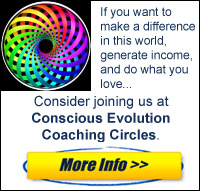Does Evil Really Exist?
2011
Are we asking the wrong question when we ask, “Does evil really exist?”
What if we change the question to: “What does the word “evil” mean to me in this particular experiential context?”
Envision a mother, bound and gagged, forced to watch a brutal gang rape of her beautiful ten-year old daughter. The mother’s and daughter’s physical and emotional pain has to be nothing short of excruciating.
If I were in the shoes of either, it would be easy to label the rapists “cruel”, “brutal”, “uncaring”, and even “evil”. From the rapists’ perspective, they are probably simply showing off their sexual prowess and engaging in male camaraderie. But at what cost to the mother and daughter?
If you’ve never spoken with a woman who has been brutally raped, you have no idea what shame, guilt and anguish she experiences or the years it takes her to heal. If she’s fortunate, her shame, guilt and anguish will eventually turn to rage and outrage, and yes, this rage and outrage may initially be directed at the rapists. Temporarily, she may need to label these men “evil” in order to find the courage to step into her own passion, power and purpose. What will that passion, power and purpose be? To protect herself and all other women on this planet from this type of life-shattering experience and stand firm in her own core respect for and appreciation of herself and all other women.


Comment